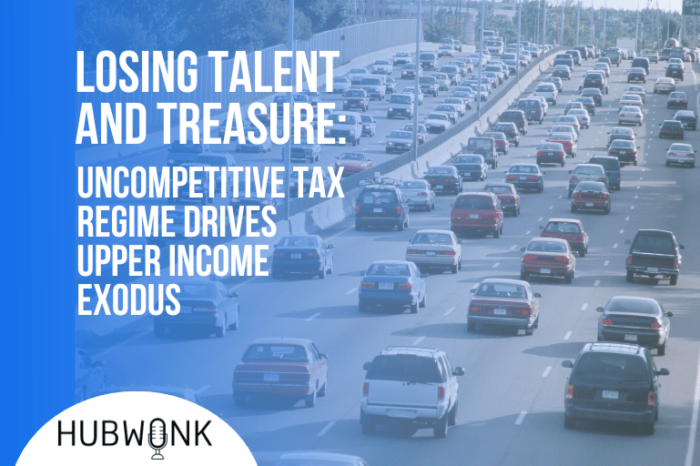Losing Talent and Treasure: Uncompetitive Tax Regime Drives Upper-Income Exodus
Joe Selvaggi talks with Pioneer Institute’s Economic Research Associate Aidan Enright about his new paper “Debunking Migration Myths.” With this research, Aidan examines the link between Massachusetts’ tax regime and the outflow of high earners to states with more competitive rates. Joe and Aidan discuss how policymakers can use tax rate migration data to inform future policy choices.
Guest:
 Aidan Enright is Pioneer’s Economic Research Associate, responsible for analyzing data and developing reports on the state’s business climate and economic opportunity. Prior to working at Pioneer, he worked as a tutor and mentor in a Providence city school and was an intern for a U.S. Senator and the RI Department of Administration. Aidan earned a Bachelor of Arts in political science and economics with a concentration in U.S. national politics from the College of Wooster.
Aidan Enright is Pioneer’s Economic Research Associate, responsible for analyzing data and developing reports on the state’s business climate and economic opportunity. Prior to working at Pioneer, he worked as a tutor and mentor in a Providence city school and was an intern for a U.S. Senator and the RI Department of Administration. Aidan earned a Bachelor of Arts in political science and economics with a concentration in U.S. national politics from the College of Wooster.WATCH:
Recent Episodes







